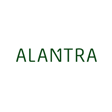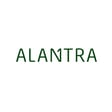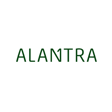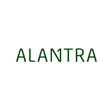Become a Creator today!Start creating today - Share your story with the world!
Start for free
00:00:00
00:00:01

Building a Healthcare OS, A Conversation with Ardy Arianpour, CEO at SEQSTER
Healthcare data as we know it today is siloed. Ardy Arianpour, CEO & Co-Founder of SEQSTER, joins Frederic Laurier at Alantra to discuss data refinement, standardization, and tokenization to pull various data sources into one place, how a digital front door impacts clinical trial dropout rates, and opportunities to incorporate other sources of medical data in the future.



